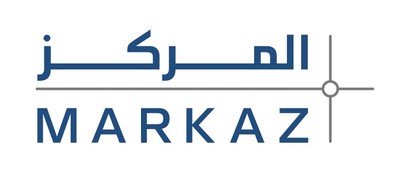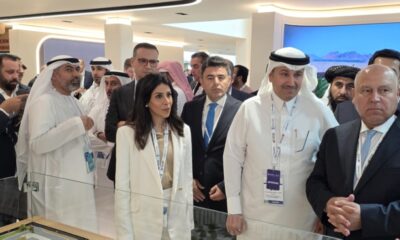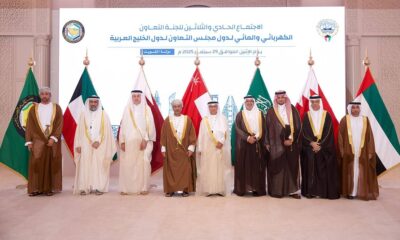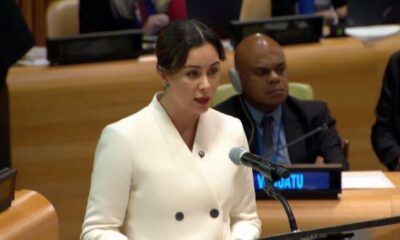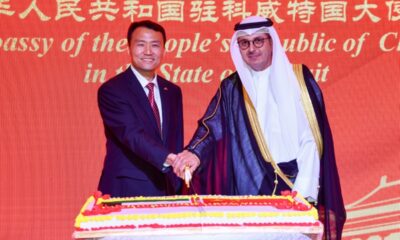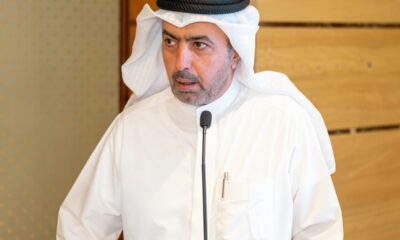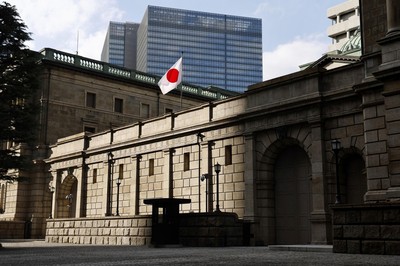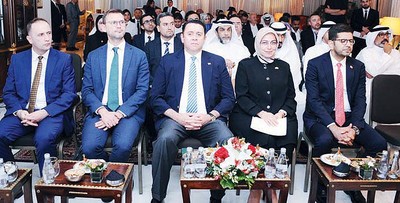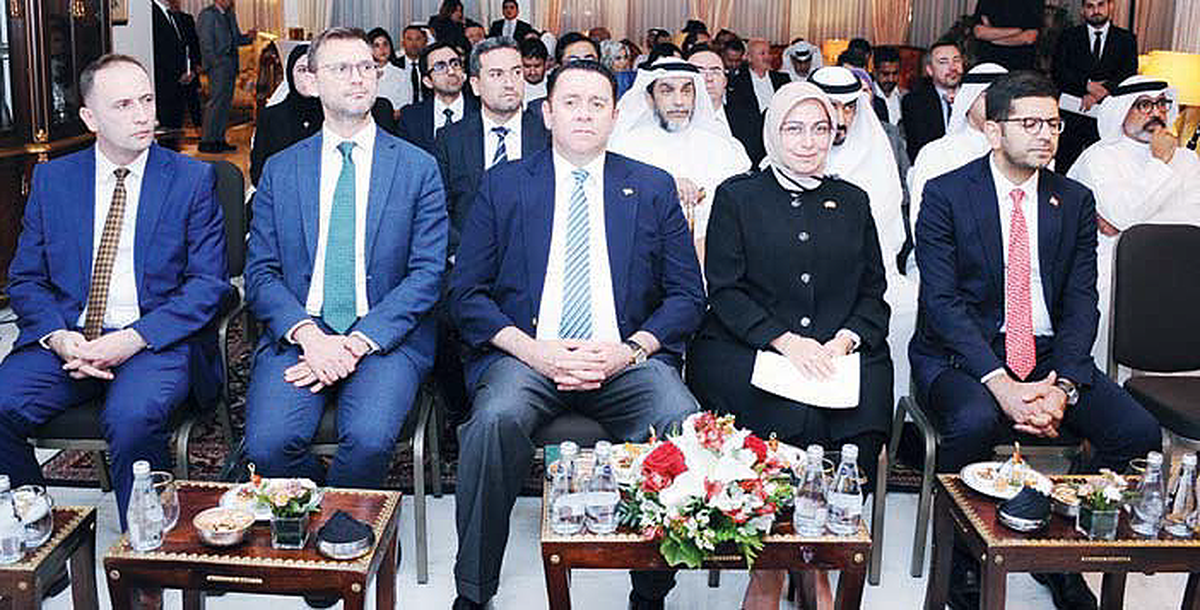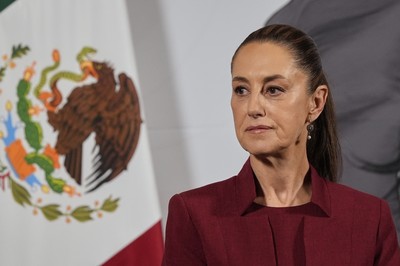KUWAIT CITY, Aug 17: Kuwait Financial Centre “Markaz” has released its latest real estate market outlook, offering a comprehensive review of market performance across Kuwait, Saudi Arabia, and the UAE for H1 2025, along with forward-looking insights for H2 2025. The report underlines the resilience of the GCC real estate sector, supported by sales activity, rising property values, and investor demand across residential, commercial, and hospitality segments.
With macroeconomic indicators showing signs of continued recovery, Markaz expects real estate markets in Kuwait, Saudi Arabia, and the UAE to maintain upward momentum through the second half of 2025. Lower interest rates, fiscal support, and sustained government investment in economic diversification are anticipated to drive growth and market confidence. Despite fiscal pressures in certain markets, the overall outlook for the GCC real estate sector remains positive, presenting ongoing opportunities for investors, developers, and stakeholders across the region.
Kuwait: Stable Recovery Amid Expanding Economic Activity
Kuwait’s real estate market continued its recovery in Q1 2025, supported by rising land prices and rental values in the investment and commercial segments. Land prices in both sectors saw annual growth across all areas, while rental rates for three-bedroom and apartments of 60sq.m. apartments in the Istithmari segment posted significant year-on-year increases. The office segment in the commercial sector remained flat overall, though select areas registered moderate growth in Q4 2024.
Transaction activity also reflected a positive trend. Real estate sales rose by 45.0% y/y to KD 896 million in Q1 2025, driven by gains across all segments. Sales in the residential and commercial sectors increased by 38.5% and 22.9% y/y respectively, while the investment segment surged by 49.0%. The number of transactions also grew by 20.9% y/y, with residential and commercial transactions climbing by 11.7% and 163.6% respectively. The investment segment recorded a 29.7% y/y increase in transactions, supported by a stable rise in the expatriate population.
Markaz expects Kuwait’s real GDP to grow by 1.9% in 2025, a recovery from the 2.8% contraction in 2024. This growth, fueled by the rebound in oil GDP and stable non-oil performance driven by project activity, stable consumer spending, and legislative reforms, is anticipated to bolster demand in the commercial and industrial real estate sectors. The Markaz Real Estate Macro Index for Kuwait stands at 3.25 out of 5.0, signaling stable market conditions with room for further gains in H2 2025.
Saudi Arabia: Momentum Builds as Diversification Drive Continues
Saudi Arabia’s real estate sector maintained solid performance in Q1 2025, underpinned by a 4.3% y/y rise in the real estate price index and a 37% y/y increase in real estate sales. Growth in residential and commercial property prices contributed to this trend, with the residential segment recording a 5.1% y/y increase and the commercial segment rising by 2.5% y/y. Demand for commercial properties remains robust, supported by non-oil economic growth and sectoral diversification.
Saudi Arabia’s fiscal deficit is expected to widen to 4.9% of GDP in 2025, from 2.8% of GDP in 2024, largely due to lower oil prices. While reduced revenues may impact government spending and project awards, the Kingdom has indicated plans to maintain its current level of investment in economic diversification.
Based on macroeconomic indicators and real estate trends, Markaz believes that Saudi Arabia’s real estate market remains in the accelerating phase in H1 2025 and is expected to sustain this momentum through H2 2025.
UAE: Remarkable Transaction Growth and Global Investor Appeal
The UAE real estate market posted remarkable results in Q1 2025, with transaction values reaching AED 239 billion (USD 65 billion). Dubai remained the standout performer, with total transaction value for 2024 rising by 20% y/y to AED 761 billion (USD 207.2 billion). The Emirate recorded 226,000 transactions in 2024 – up 36% y/y – and welcomed over 110,000 new real estate investors, a 55% y/y increase. In Q1 2025, Dubai alone accounted for AED 142 billion in sales from 45,077 transactions, a 30% y/y increase.
Residential, office, and hospitality segments are expected to maintain a positive outlook in H2 2025, supported by robust demand, interest rate cuts, growing tourist inflows, and constrained supply in prime areas. Dubai and Abu Dhabi continue to outperform other global markets in rental yield, with Dubai reaching 7.6% as of May 2025,well above yields in New York (5.3%), Singapore (3.2%), and London (3.1%). With new supply expected, rental rates in Dubai may begin to stabilize, giving tenants more options.
Markaz forecasts that the UAE’s real estate sector will continue its upward trajectory in H2 2025, marked by steady appreciation in land prices and rental rates in both Dubai and Abu Dhabi.
Despite evolving macroeconomic dynamics, the outlook for the GCC real estate sector remains positive, with solid investor interest, government-backed initiatives, and sectoral diversification continuing to support long-term growth. Markaz believes that real estate will remain a key contributor to the region’s economic development through the second half of 2025 and beyond.

 Latest News22 hours ago
Latest News22 hours ago
 Politics8 hours ago
Politics8 hours ago
 Business15 hours ago
Business15 hours ago
 Latest News15 hours ago
Latest News15 hours ago
 Latest News6 hours ago
Latest News6 hours ago
 Latest News13 hours ago
Latest News13 hours ago
 Politics5 hours ago
Politics5 hours ago
 Latest News5 hours ago
Latest News5 hours ago
